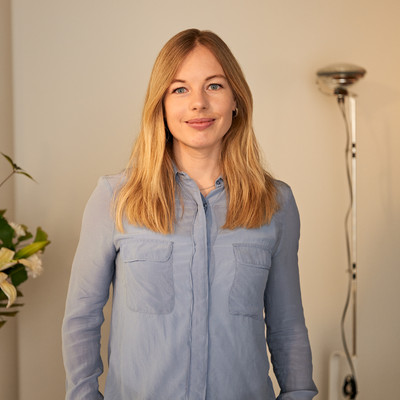Drama in international waters
One of the privileges of working in Lund Elmer Sandager is that we have many big, international clients with challenging cases. Here, we often advise on complex projects that demands our abilities, insights, and international experience. One of these cases took place in 2020, when we had to negotiate a collective agreement for the Fehmarn Belt Contractors – the first major contractor present on the Fehmarn Belt project.
Danish agreement on international construction site
At the end of 2019, our labour law department was elected as an advisor to Fehmarn Belt Contractors in connection with the beginning construction of the tunnel under the Fehmarn belt. Fehmarn Belt Contractors is a joint venture between the two Dutch companies Boskalis and Van Oord, which will be responsible for excavating the bottom of the sea for the immersed tunnel and building a work harbour in Rødby. The task was clear: we had to enter into agreements with several unions, so that pay, and employment conditions lived up to the Danish standards. At the same time, the agreement was to meet Boskalis’ and Van Oord’s operating model, which includes some special working time patterns. The model was negotiated in place with the employees who travel to and from the project from different countries, but the Danish trade unions did not agree that it was compatible with the Danish labour market model.
Clear goal with many obstacles
The initial meetings between the parties went well and the negotiations progressed according to plan. But then came the corona pandemic and disrupted the positive dialogue. At the same time, due to some tedious cases involving foreign labour and a particularly Italian challenge to the Danish labour market, the trade unions have become more sceptical about the risk of foreign contractors exploiting the labour force on Danish construction sites.
As a further challenge, our team of Attorneys must act as interpreters for the meetings, which included several technical terms from the maritime area, just as the interplay between international seafarers’ rules and Danish labour law rules complicated the case. So, because there was a lot at stake, the meetings were not only professionally demanding, but also mentally exhausting.
Although the case was explosive, we mostly succeeded in reaching an overall agreement. In the end, the only bump was the agreement on working hours. But here the negotiations disagreed, and the parties ended up taking the disagreement to the labour court.
The Danish Working Environment Authority approves, but the trade union movement says no
However, the parties continued the negotiations, and to the great surprise of the trade union movement, we received the Danish Working Environment Authority’s approval of Boskalis’ and Van Oord’s special working time agreements. The case attracted a great deal of attention from politicians at Christiansborg, and the trade union movement found the Danish Working Environment Authority’s decision incompatible with the rules they believe should apply to the Danish labour market.
Agreement two hours before court hearing
The case thus proceeded, and after intense negotiations between Boskalis, Van Oord and the trade union movement, we found a comprehensive solution one late Sunday evening in September 2020 – the day before we were to meet in the labour court. A few hours before the meeting on Monday, the parties signed the agreement, of which the content has probably not been seen before in Denmark. The result sends an important signal that orderliness, transparency, and open cooperation is essential in a construction of this nature.
Extensive case requires many specialists
When we work with cases like this, it places great demands on the team that works on the task, and it involves many resources from other departments. Our labour law specialists are among the best in the country, and our broad competencies, but narrow process means that we can quickly involve other subject area specialists when needed. Here, too, we draw on our extensive international experience from similar cases and insights into current trends within the business law disciplines.
The balance behind a good result
We are proud to have come to an end with the complicated case that in many ways dealt with navigating between the interests of the parties – to take care of our clients’ interests, and at the same time understand the dynamics and power imbalances in the Danish model, and be the connecting link between traditional Danish trade unions and large international concerns. We can announce with great satisfaction that cases such as these help to strengthen and expand our position as one the international business community’s preferred Danish legal advisers.
If you have questions regarding the specific case or other questions regarding employment law, please do not hesitate to contact me or my colleagues, Attorney Julie Flindt Rasmussen or Assistant Attorney, Marta Valgreen Knudsen.
This article was originally published in the magazine Ind§igt #24 in June 2021.




